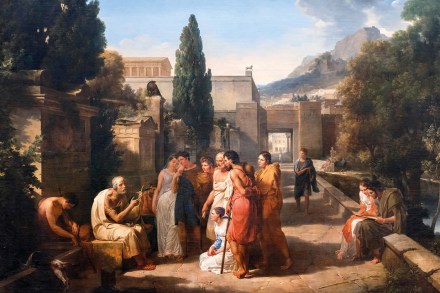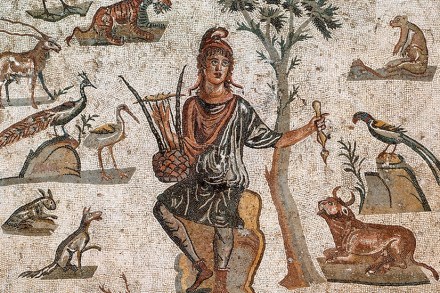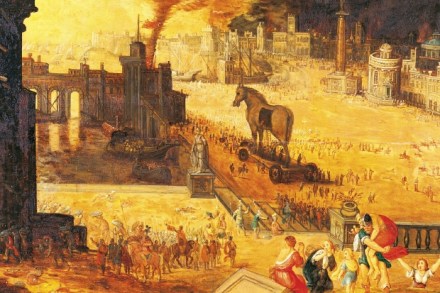The bloody prequel: a triumphant new translation of the Iliad
There is an ancient comment (on the work of a grammarian with the terrific moniker Dionysius Thrax) that the performers of the Iliad and the Odyssey changed costume according to which poem they were reciting: a dark blue crown for the sea of the Odyssey, red for the blood of the Iliad. Emily Wilson, whose






